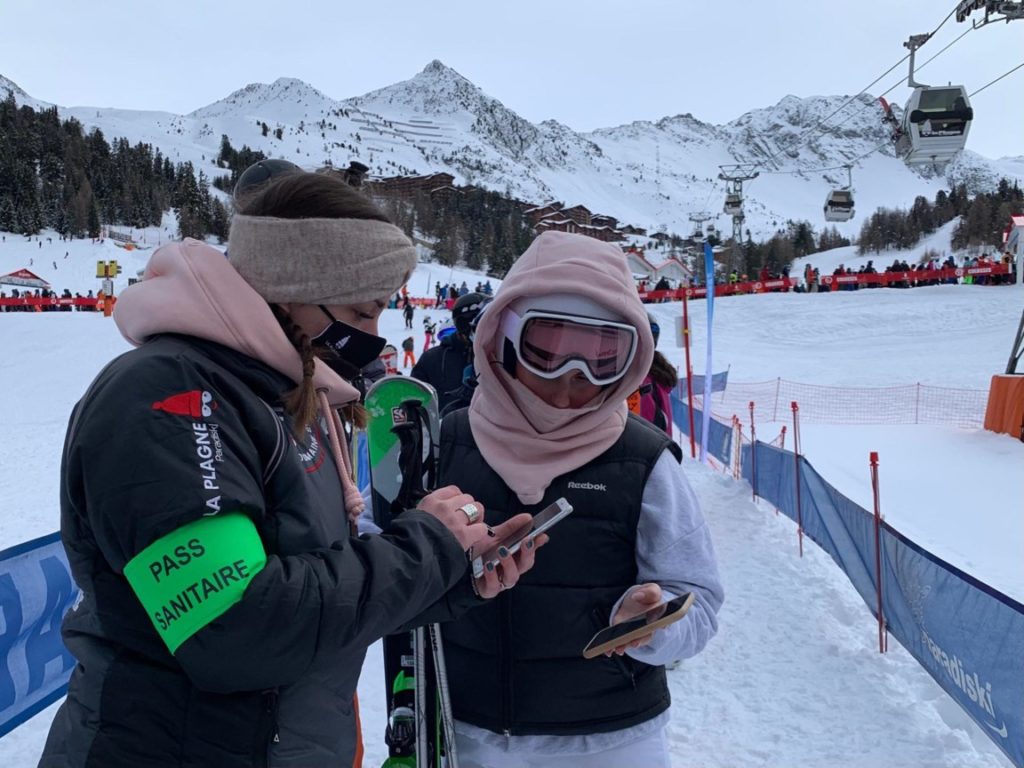The decision on whether teenagers aged 12 to 17 will be offered a booster vaccination dose in Belgium has again been postponed, as the country's health ministers requested additional legal advice on Wednesday.
On Wednesday morning, the Interministerial Conference (IMC) on Health met digitally for over two hours but did not come to a decision.
"An opinion has been requested from the Patients' Rights Committee by Friday on the 'informed consent' procedure," Bart Croes, spokesperson for Flemish Health Minister Wouter Beke, told The Brussels Times.
The procedure of informed consent was already used to offer the Johnson & Johnson vaccine to under-41s on a voluntary basis last summer. For the Vaccination Taskforce, this system would now also serve as a good basis for teenagers, but the additional legal opinion from the Patients' Rights Committee should provide a firmer legal basis on this first.
"If it depends on us, an IMC will be organised shortly after the Committee's advice is issued. If we cannot come to a decision in that IMC, Flanders will decide on its own," Croes added.
Related News
- Belgium should offer booster dose to teenagers voluntarily, says Beke
- Belgium urges EMA to quickly decide on booster dose for teenagers
- 'Advice expected today': still no decision on booster doses for teenagers
Holidays hanging by a thread
The lack of decision could cause some troubles for holidays during the Carnival break at the end of February. Currently, a booster dose is already required by several popular destinations despite the absence of an official recommendation by the European Medicines Agency (EMA).
In practice, countries such as Italy and Austria have tightened their rules and stated that a person's last vaccine dose cannot be older than six months to gain access to bars or restaurants. However, many teenagers in Belgium were vaccinated during the summer, meaning that their certificates will no longer be valid.
Initially, Belgium's health ministers awaited the official EMA recommendation before making a decision, but it could take until the end of February before its official advice is issued, and it may be limited to 16- and 17-year-olds.
Meanwhile, France, Germany, Austria, Italy, the US and Israel have already decided to administer boosters to this age group.

